What is the Best Time of Day to Take Metoprolol?

Metoprolol is a commonly prescribed drug that is used with or without other blood pressure medications to treat hypertension (high blood pressure). It is also used to treat angina (chest pain) and heart failure, along with other medications. People who have suffered a heart attack are sometimes prescribed metoprolol to improve survival rates. There may be other uses of metoprolol, such as preventing migraine and treating thyrotoxicosis (excessive thyroid hormone).
This article will give you some important information about metoprolol, including how to take this medicine, the best time of day to take it, dosage, side effects, drug interactions, and more.
What is metoprolol? How does it work?
Metoprolol belongs to a group of drugs called selective beta blockers. Their effects occur due to the blocking of beta-1 receptors in the heart tissues. Therefore, a selective beta blocker like metoprolol works by slowing the heart rate while reducing the force of each beat and relaxing the blood vessels. This results in improved blood flow and lowering of blood pressure.
Metoprolol is available as the active drug metoprolol tartrate in the form of immediate-release tablets and capsules (brand name: Lopressor). It is also available as the active drug metoprolol succinate in extended-release tablets (brand name: Toprol XL).
How to take metoprolol?
You should take metoprolol exactly as prescribed by your healthcare professional. Do not take this medicine more or less frequently than prescribed.
You can take metoprolol with meals or immediately after meals. Swallow the metoprolol tablets whole. Do not break, crush or chew the extended-release tablet or capsule. If you have trouble swallowing pills, you can open an extended-release capsule and sprinkle the contents on a small amount of soft food like applesauce. Do not store the mixture for more than 60 minutes.
Remember that many people with high blood pressure do not have any symptoms. It is important that you continue taking metoprolol even if you feel well. Metoprolol will control your blood pressure and reduce the risks of stroke and heart attacks. Do not suddenly stop taking this medicine without talking to your doctor first. Stopping metoprolol suddenly can lead to rebound hypertension, chest pain, or a heart attack.
What is the dose of metoprolol for high blood pressure and other conditions?
- The usual dose of metoprolol for high blood pressure is 100 mg per day given in divided doses (immediate-release form) or 25 mg to 100 mg once a day (extended-release form). The maximum dose is 400 mg per day.
- For chest pain, your doctor may prescribe immediate-release metoprolol, 50 to 100 mg to be taken 2 to 3 times a day
- For acute heart attack or heart failure, the initial metoprolol dose in adults is 25 mg (extended-release capsule) once daily for 2 weeks; the dose can be gradually increased as needed with the maximum dose of 400 mg.
Why is it better to take metoprolol at night?
It doesn't matter when you take this medication, as long as you remember to take this blood pressure consistently. You can take it in the morning or at night, but because this medicine can cause dizziness, lightheadedness, and drowsiness, it may be better to take metoprolol at night. Your doctor may advise you to take the first dose of metoprolol before going to bed to see how you feel. If the medicine does not make you feel dizzy or lightheaded, you can start taking single-dose metoprolol in the morning. If you have been prescribed metoprolol more than once a day, try to space out the doses evenly over the course of the day to get a consistent amount of the medication. Avoid drinking alcohol while on metoprolol, as this can make side effects like dizziness worse.
Can metoprolol help you sleep?
Metoprolol may help you sleep. Beta-blockers like metoprolol tartrate (Lopressor) and metoprolol succinate (Toprol XL) work by slowing the heart. These drugs can therefore make you feel tired and drowsy.
However, it is worth noting that some studies have shown metoprolol can lead to worsening sleep. On the other hand, other beta-blockers like nebivolol (Bystolic) are associated with improved sleep.
If you have trouble sleeping, talk to your doctor about which beta blocker is the best choice for you.
What is the peak time for metoprolol?
Metoprolol starts working about 2 hours after you take a dose. However, it can take one week or longer to get the full benefits of this medicine. Call your doctor if you do not notice an improvement in your blood pressure numbers at home after 1-2 weeks of taking metoprolol.
Keep in mind that you may not feel any different while on metoprolol tablets. Do not stop taking metoprolol without your doctor’s approval. This can lead to an increased risk of chest pain and heart attack. If you want to come off metoprolol, your doctor will give you instructions to decrease the dose slowly.
What should I do in case of a missed dose of metoprolol?
If you miss a dose of metoprolol, take it as soon as you remember. However, if it is almost time for the next dose, skip the missed dose and take the next dose according to your regular dosing schedule. Do not double up on the dose to make up for a missed dose.
What are the side effects of metoprolol?
Common side effects of metoprolol include lightheadedness or dizziness, unusual tiredness, dry mouth, blurred vision, depression, heartburn, stomach pain, gas, bloating, vomiting, constipation, rash, a cold feeling in the hands and feet, and runny nose.
Tell your doctor if these side effects are severe or do not improve over time. Call your doctor immediately or seek emergency medical attention if you develop an allergic reaction. Signs and symptoms of allergic reactions include skin rash, hives, itching, swelling, and trouble breathing.
What should I avoid while taking metoprolol?
You should avoid taking certain other drugs while on metoprolol because there’s a risk of drug interactions. Some of the other medicines that can interact with metoprolol include:
- Other blood pressure medications like clonidine (Catapres) and reserpine
- Antidepressants like bupropion (Wellbutrin, Zyban), fluoxetine (Prozac, Sarafem), and paroxetine (Paxil, Brisdelle)
- Medications used to treat an irregular heartbeat, such as propafenone (Rythmol) and quinidine
- Psychiatric medications like thioridazine
- H2 blockers like cimetidine
- Antihistamines like diphenhydramine (Benadryl)
- Antimalarials like hydroxychloroquine
- Antivirals like ritonavir (Norvir, in Kaletra)
- Antifungals like terbinafine (Lamisil)
Who should not take metoprolol?
Metoprolol may not be suitable for people with certain medical conditions. Give your doctor a complete medical history before starting metoprolol. Be sure to mention medical conditions like angina, ischemic heart disease (chest pain or previous heart attacks), hypotension (low blood pressure), circulation problems, severe bradycardia (very slow heartbeat), cardiogenic shock, heart block, sick sinus syndrome, decompensated heart failure, lung disease, pheochromocytoma, diabetes, hypoglycemia (low blood sugar), hyperthyroidism (overactive thyroid), liver disease, and Wolff-Parkinson-White syndrome (a rare heart condition associated with a very slow heartbeat). Also, tell your doctor if you have ever had an allergic reaction to any of the active or inactive ingredients in metoprolol tablets.
References:



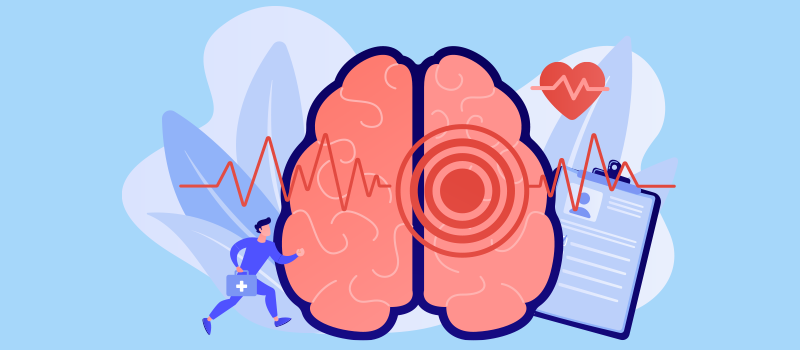
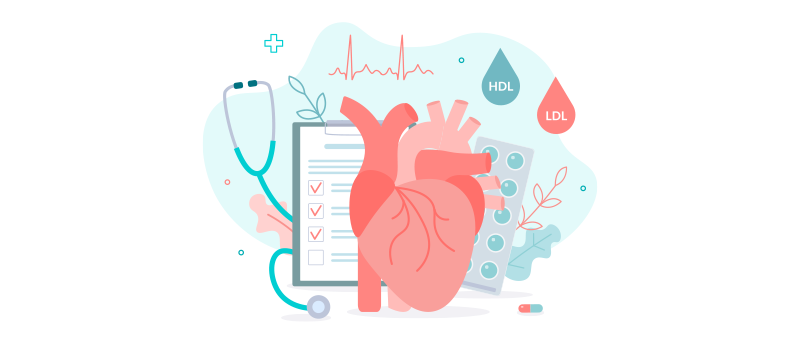

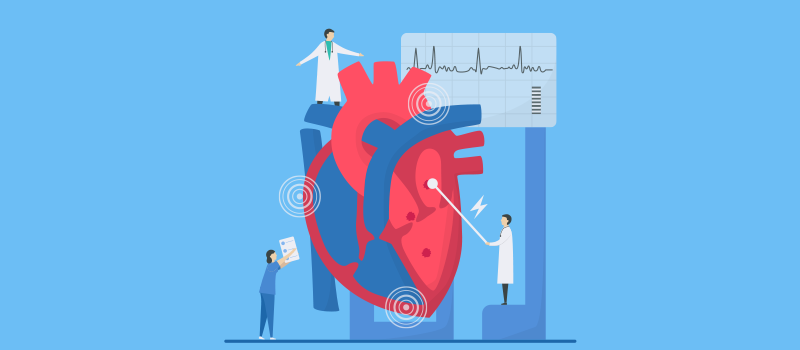

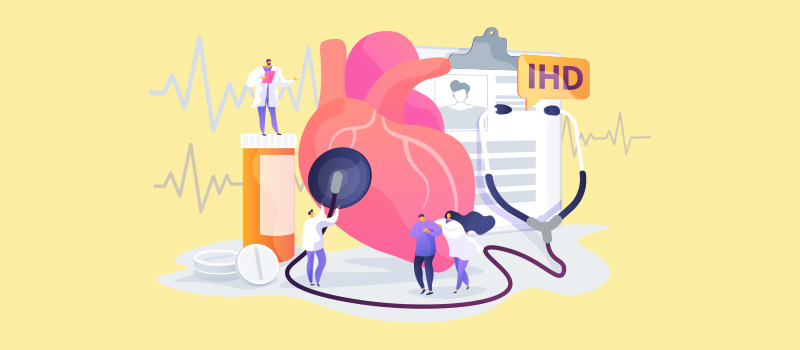

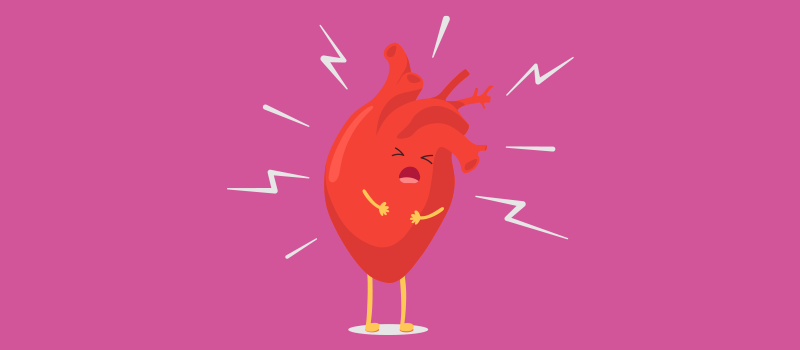
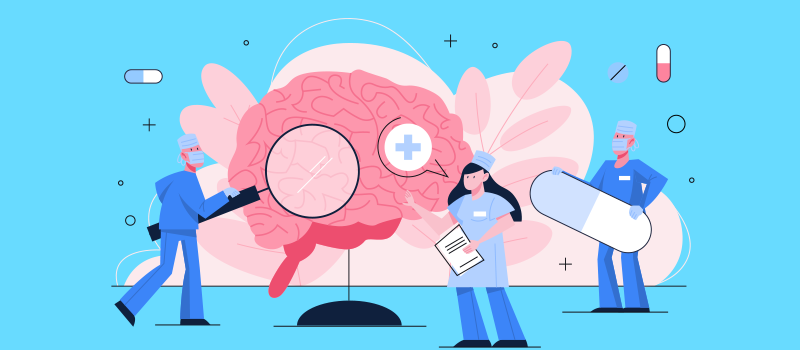
SOCIAL